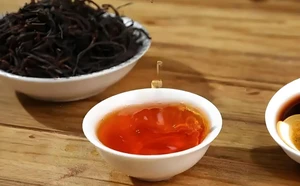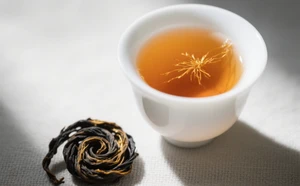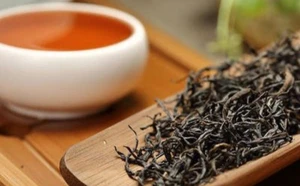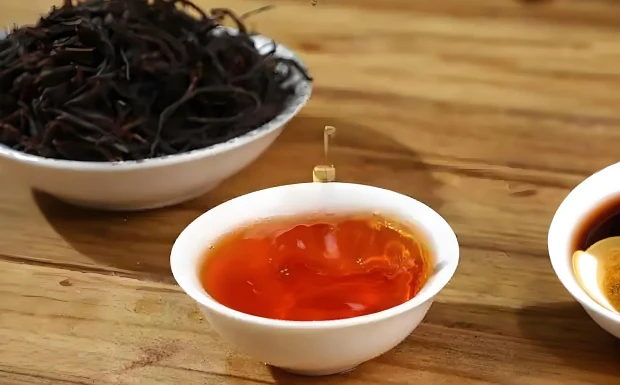

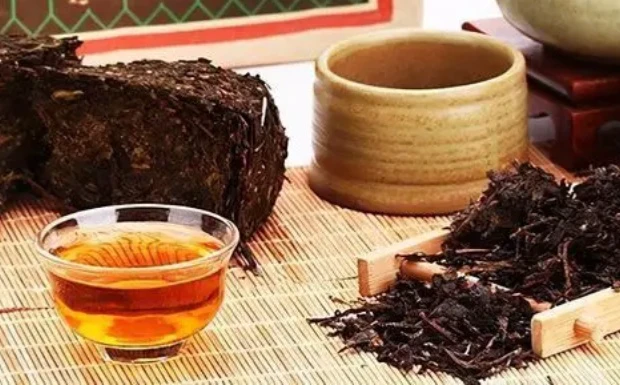
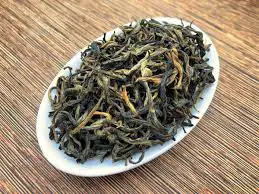
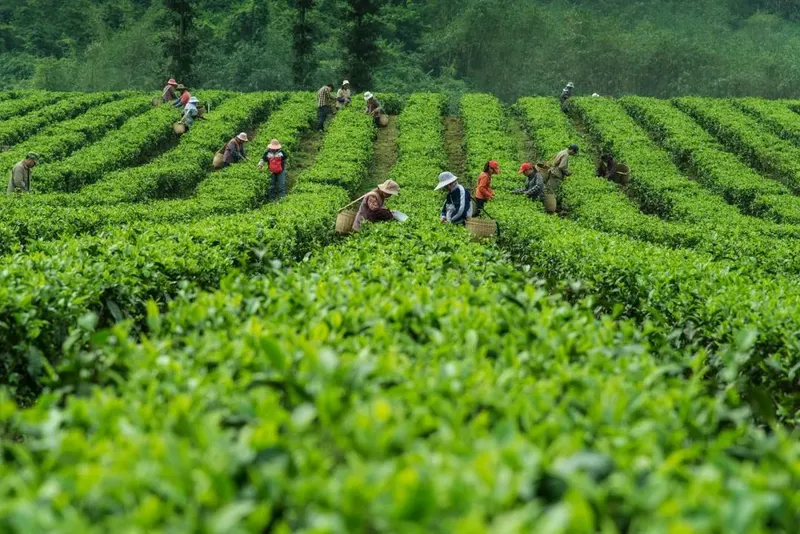
Yingde Hongcha(Yingde Black Tea)
Origin
Guangdong
Category
Black Tea
Harvest Time
Spring & Summer
Processing
Full Oxidation
Description
英德红茶 (Yingde Hongcha), or Yingde Black Tea, is a premium Chinese black tea produced in Yingde City, Guangdong Province. Known for its bright red liquor, sweet aroma, and smooth, mellow taste with subtle fruity notes, it represents the unique terroir of southern China.
